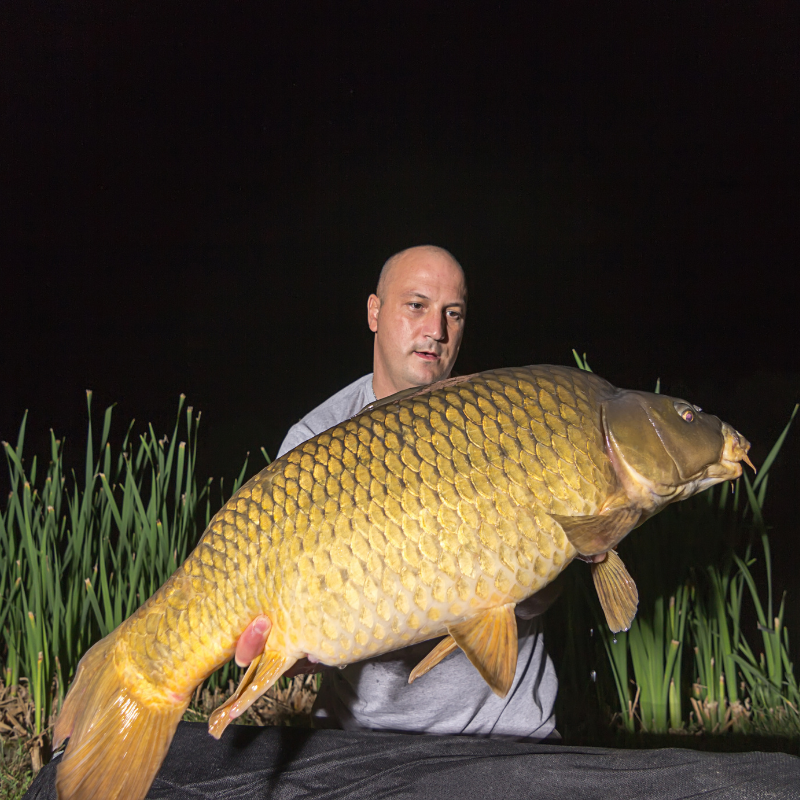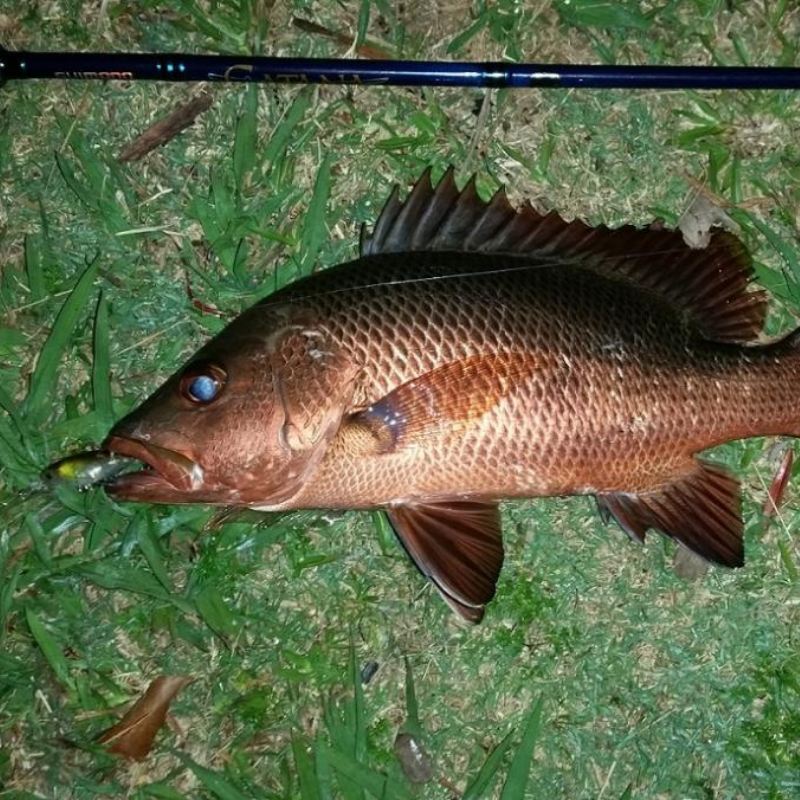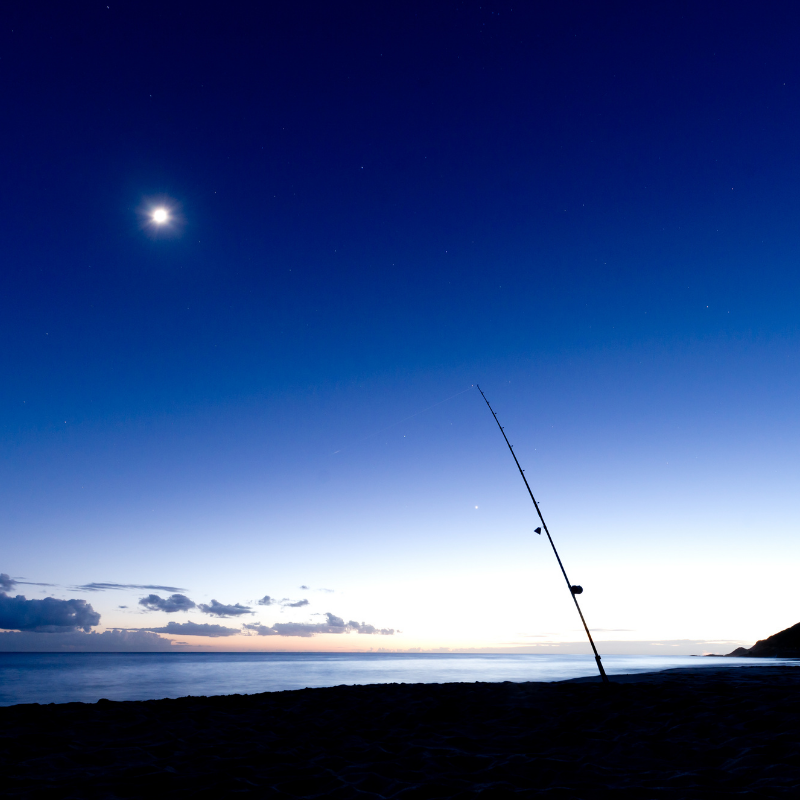NIGHT FISHING TIPS FROM TWO PROS
Time to take your angling to the next level and try out night fishing. With less busy waterways, there are more fish around after sunset. Plus the big fish, which hide in deeper water during the day, are out and about hunting, so there’s a bigger chance of catching a big specimen. Ready to take the plunge?
We asked our ambassadors David Irvine and Jonathon Bleakley for their top tips. But first, let’s answer some common questions around night fishing.
IS NIGHT FISHING GOOD?
Yes! There are less anglers out, so the competition is smaller. The fish, many of which are active, have worse vision than during the day, so they are more likely to go after your lure. It’s easier to catch fish at night. Another advantage of fishing at night is that it doesn’t get too hot and you don’t have to worry about getting sunburned.
WHAT FISH BITE THE MOST AT NIGHT?
It depends on where you fish, of course, but predators who come out after sunset are the easiest target. Think of catfish, walleye, panfish, bluefish, freshwater bass, and striped bass.
WHAT'S THE BEST TIME FOR NIGHT FISHING?
Head out during the first hours after the sun goes down and the period before sunrise - you will have the most luck. Choose a calm and still night, rather than a windy and choppy one. In clear, calm waters the fish ten to become active as soon as the sun has set.
WHAT IS THE BEST BAIT FOR NIGHT FISHING?
Just like during the day, it depends on your target species. For deep water fishing, use live bait, which can sit completely still near the bottom. Cut bait, squid, and bait fish are excellent in salt water. In freshwater, pick nightcrawlers, red wigglers, waxworms, or mealworms.
For shallow water, bear in mind that fish won’t be able to see much, so they will rely on their senses to hunt. This means you need to use your bait to attract their attention. A popper, spinnerbait, artificial worm, or a chatterbait will allow you to do this. These lures make a lot of noise and produce decent splashes on the surface.
5 NIGHT FISHING TIPS FROM TWO PROS
Our ambassadors David Irvine and Jonathon Bleakley kindly share their best tips for night fishing.
Light handling
Carry adequate head torches and back up batteries, so you can switch them on when boating or you need to see properly. “Don’t shine light directly on the water while trying to fish, though” recommends David. It will spook the fish.
“Try to fish around light sources. Light attracts baitfish, which in turn attracts bigger predators” explains Jono. Bridge pylons and jetties are great locations, as they often feature one light source or more. The light needs to be permanent, not flashing. Jono adds: “Fishing the shadow edges near a natural light source can be incredibly productive for species like bream, flathead, jewfish, and mangrove jack.”
Gear placement
Keep your gear organised at all times. “It's amazing how easy it is to get distracted and tread on a carelessly placed knife or hook” confesses David. You will soon forget about that piece of gear and where you left it and you won’t be able to see it in the dark. Always place your hooks and knives back into their box, so you won’t get hurt.
Take time to prepare
“Going out at night requires faultless preparation” agree the Deckee ambassadors. Pick your put-in spot carefully, wear suitable clothing, set up your boat well, and let someone know where you’re going. It’s also a good idea to rig your rods beforehand, so you won’t have to do it in the dark. Don’t forget to take some food and water with you - you can often get hungry at night.
Lure selection
“Fish with lures that have vibrations. Soft vibes are a great starting point” suggests Jono. Fish can sense vibrations through their lateral line, which runs from their head to their tail. At night, when most fish are active, increase the level of vibrations coming from your lure to attract the fish.
Noise
Be as quiet as you can and drift with the engine switched off often. Noise travels through the water and your surroundings and can frighten the fish.





